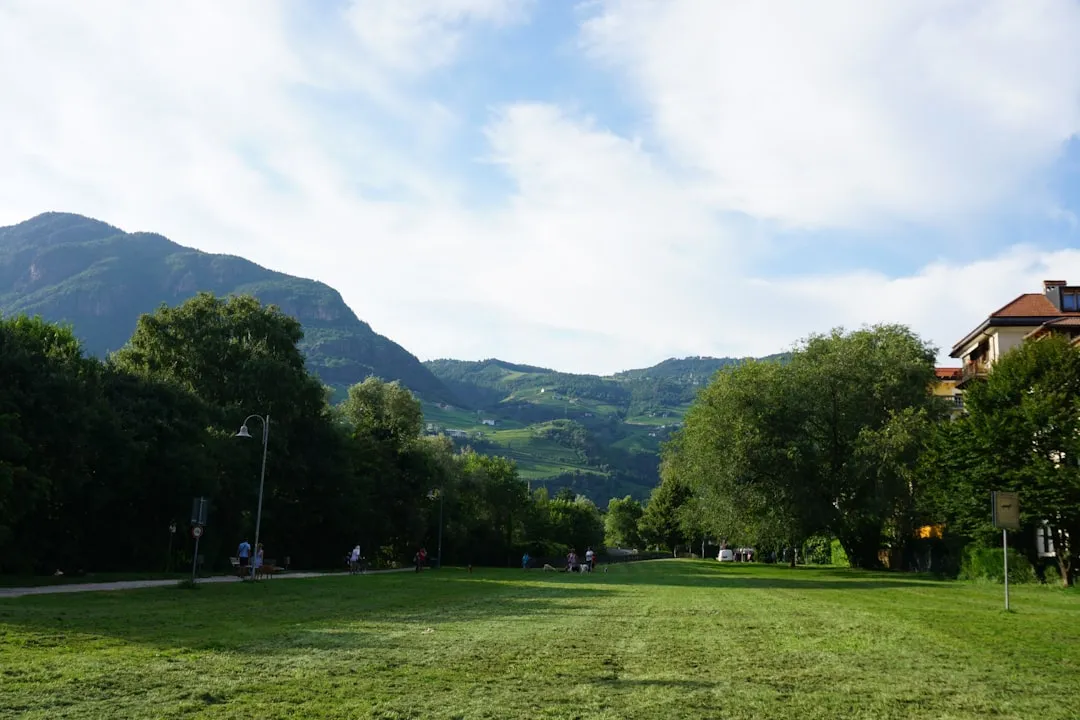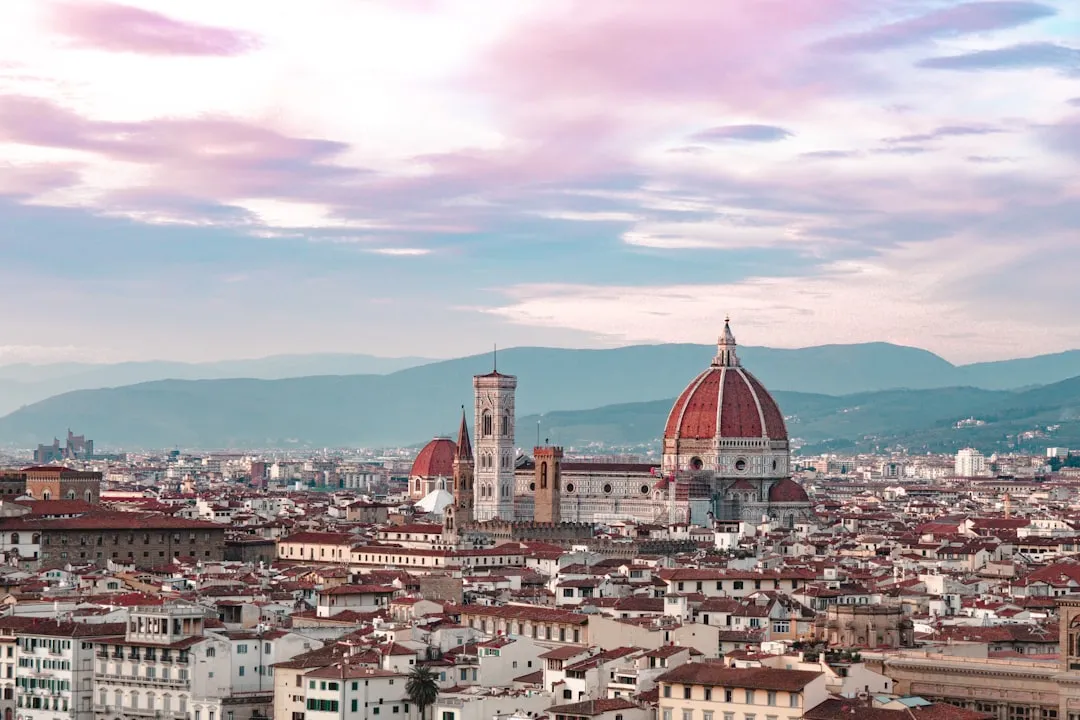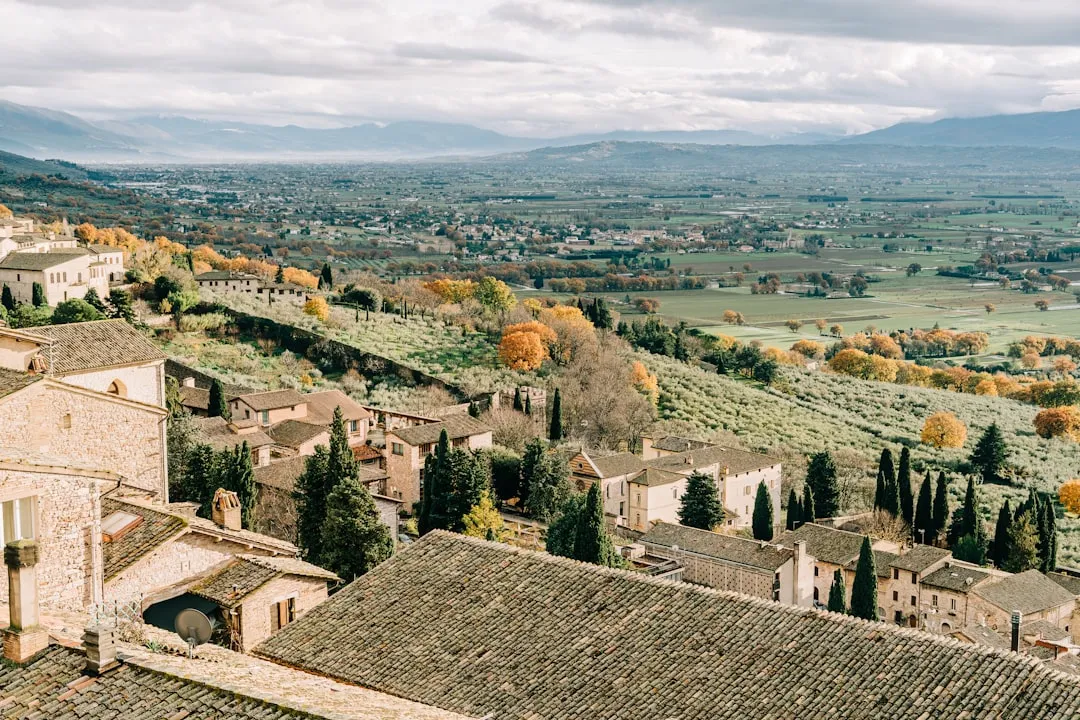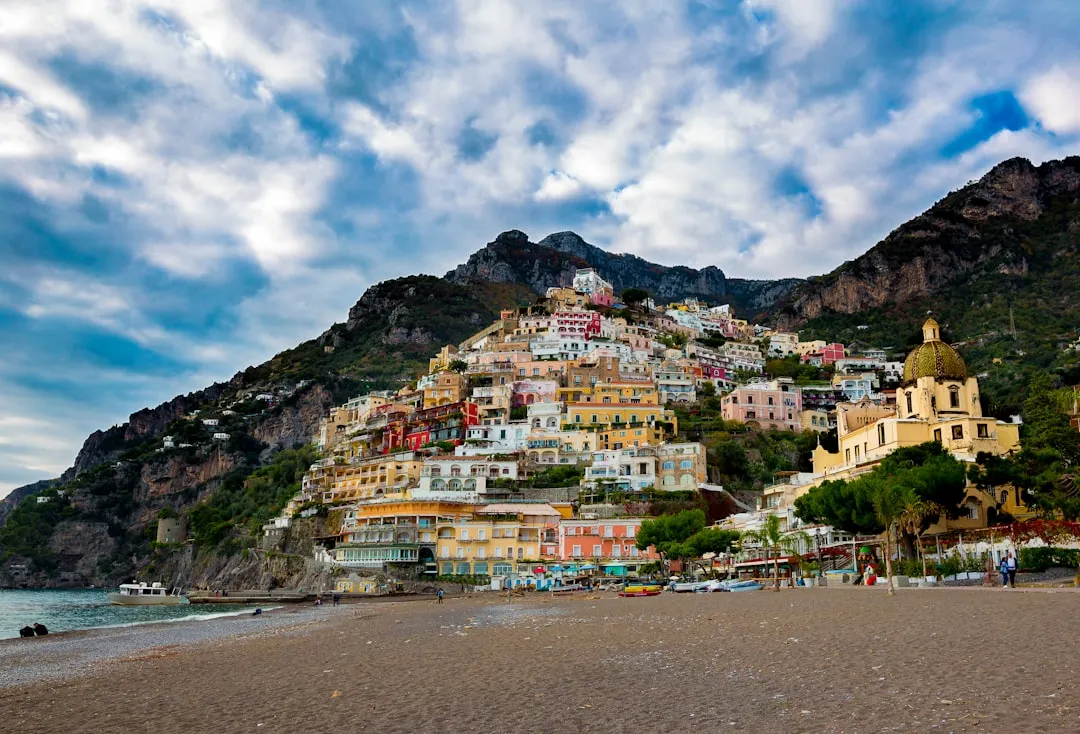Italy is a land of incredible diversity, offering everything from bustling cities steeped in history to tranquil rural villages surrounded by breathtaking landscapes. Deciding where to settle—in an urban environment or a countryside setting—is a pivotal choice for those relocating to Italy.
Each lifestyle presents unique advantages and challenges, whether you’re a digital nomad, retiree, or family seeking a new chapter. Here's an in-depth look to help you make the best decision for your needs.
Urban Life in Italy
Italy’s cities are vibrant centers of culture, history, and modernity. Urban living offers unparalleled access to amenities, job opportunities, and a thriving social scene, making cities an attractive option for those who love dynamic environments.
Pros of Urban Living
- Rich Cultural Experiences: Cities like Rome, Milan, and Florence are treasure troves of history, art, and architecture. From the Colosseum in Rome to the Duomo di Milano, urban dwellers are immersed in cultural and historical landmarks.
- Efficient Public Transportation: Italian cities boast reliable transportation systems, including metros, buses, and trains. Whether commuting within the city or traveling to nearby regions, urban living makes getting around hassle-free.
- Culinary Diversity: In urban areas, you’ll find everything from Michelin-starred restaurants to bustling trattorias serving regional specialties. Cities are also home to vibrant markets like Milan’s Mercato Centrale, offering fresh, local ingredients.
- Career and Business Opportunities: Italy’s cities are economic hubs, hosting industries like fashion, finance, technology, and tourism. Expats often find better career prospects and networking opportunities in urban settings.
- Nightlife and Entertainment: From opera houses and theaters to lively bars and clubs, cities cater to those who enjoy a bustling social life and diverse entertainment options.
Cons of Urban Living
- Higher Living Costs: Major cities like Rome and Milan come with elevated costs for housing and daily expenses, which can strain budgets compared to rural areas.
- Crowds and Noise: Urban areas can feel overwhelming due to their busy streets, traffic congestion, and tourist influx, especially in iconic cities.
- Limited Green Spaces: While cities have parks and gardens, these can’t compare to the expansive natural areas available in the countryside.
Best Cities for Urban Life in Italy
- Rome: The Eternal City blends ancient history with modern vibrancy, offering world-class museums, a thriving food scene, and endless cultural events.
- Milan: Known as Italy’s economic powerhouse, Milan is perfect for those seeking a cosmopolitan lifestyle with access to fashion, business, and arts.
- Florence: This Renaissance city is ideal for art and history enthusiasts, offering a more relaxed urban environment with stunning architecture and museums.
- Turin: A cultural gem in northern Italy, Turin boasts Baroque architecture, vibrant cafes, and a strong industrial and tech scene.
Rural Life in Italy
For those seeking a slower pace of life, rural Italy provides tranquility, breathtaking landscapes, and a deep connection to tradition. The countryside appeals to individuals who value peace, nature, and community.
Pros of Rural Living
- Serenity and Space: Rural areas are characterized by quiet surroundings, open spaces, and fewer crowds, making them ideal for a stress-free lifestyle.
- Affordable Living: Housing and everyday expenses are generally lower in rural areas. Many villages offer charming, historic homes at a fraction of city prices.
- Connection to Nature: Rural Italy is renowned for its stunning landscapes, from Tuscany’s rolling hills to Sicily’s coastal vistas. Outdoor enthusiasts can enjoy hiking, cycling, and other activities surrounded by nature.
- Community Spirit: Life in small villages fosters close-knit relationships, with neighbors often coming together for festivals, markets, and other communal events.
Cons of Rural Living
- Limited Job Options: Employment opportunities in rural areas are scarce, particularly in industries like technology and finance. Remote work is an excellent option for those moving to the countryside.
- Fewer Amenities: Dining, shopping, and entertainment options are more limited in rural areas, and access to healthcare services might require traveling to the nearest town or city.
- Transportation Challenges: Public transportation is less developed in rural regions, making car ownership essential for getting around.
Best Areas for Rural Life in Italy
- Tuscany: Known for its picturesque villages like Montepulciano and San Gimignano, Tuscany offers a blend of natural beauty, history, and culinary delights.
- Umbria: Often called the "Green Heart of Italy," Umbria is perfect for those seeking lush landscapes and traditional Italian charm.
- Sicily: Rural Sicily combines stunning coastal views with a rich cultural heritage, ideal for a peaceful yet fulfilling lifestyle.
- Piedmont: Famous for its vineyards and culinary traditions, Piedmont’s countryside is a haven for wine lovers and foodies.
A Middle Ground: Small Towns and Suburbs
For those torn between urban energy and rural tranquility, Italy’s small towns and suburbs provide a harmonious balance. Many towns offer a slower pace of life while maintaining proximity to major cities for work and leisure. Areas around Florence, Rome, and Milan—such as Fiesole or Como—are excellent choices for families and expats who want the best of both worlds.
Conclusion
Choosing between urban and rural life in Italy depends on your preferences and priorities. Urban living offers culture, convenience, and career opportunities, while rural life promises tranquility, community, and a deep connection to nature. For those seeking a blend of both, small towns and suburbs strike the perfect balance. Whether you envision your new life in the vibrant streets of Rome or the serene hills of Tuscany, Italy’s diverse regions cater to every lifestyle.




